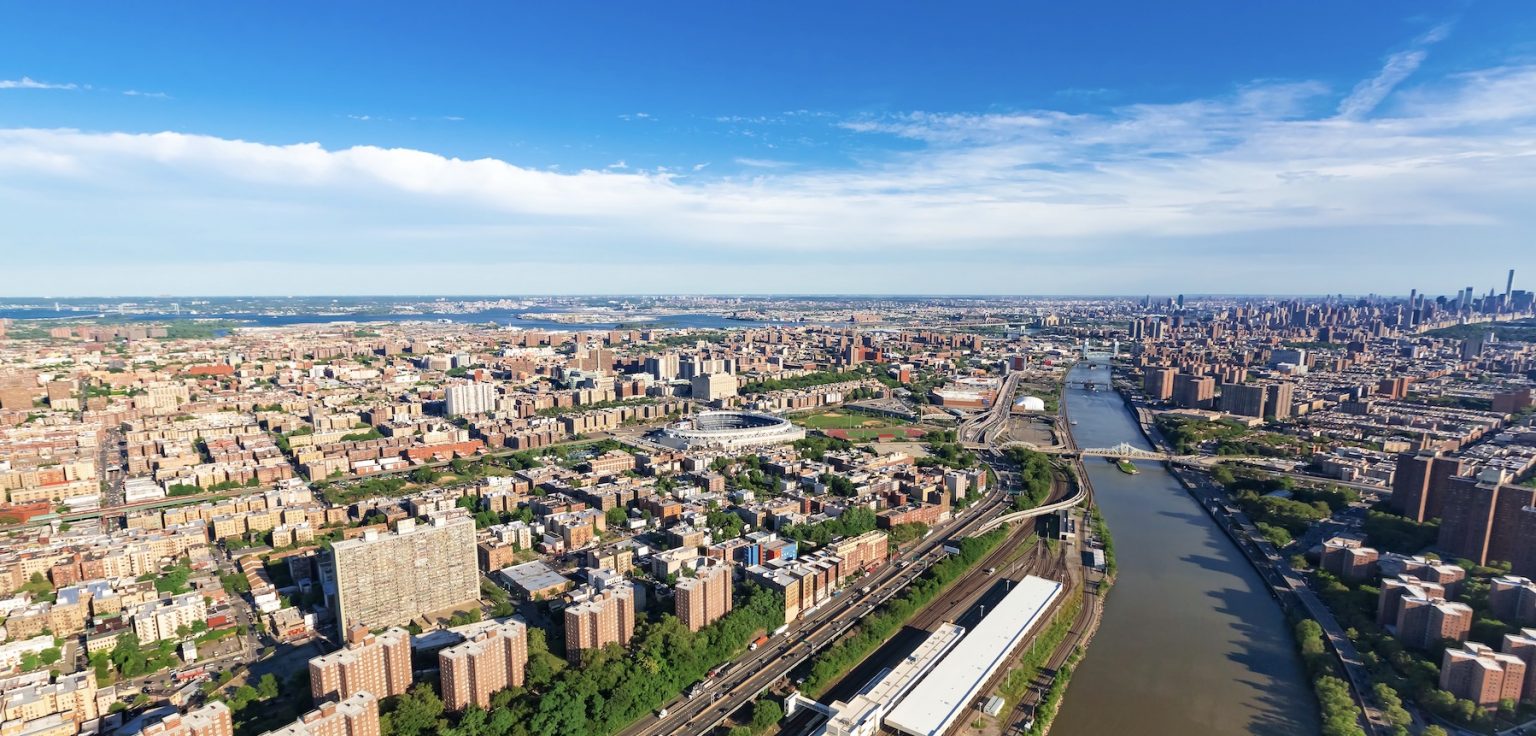Fordham undergraduates are building community engagement in the Bronx through research projects on health care, housing, and education, thanks to a new fellowship offered by the Center for Community Engaged Learning.
“Our student leaders are creating projects where they’re asking important questions in tandem with community partners and trying to provide solutions that are informed by both data and our community partners’ experiences,” said Vanessa Rotondo, assistant director of immersions and senior adviser of Ignatian leadership at CCEL. “I hope that they are able to break down that wall that Fordham students have by virtue of being part of an academic institution, and contribute something to our community.”
The Engaged Leaders Fellowship is a year-long program where students address local issues with community partners. The fellowship began in fall 2020 with two student cohorts. Each group featured 12 students who were nominated by Fordham community members and selected through interviews with CCEL. They were divided into smaller groups based on their interests and met biweekly to develop their initial ideas. Throughout the year, they worked on projects that relied on in-depth interviews with community partners and academic data. The following spring, they presented their findings at Fordham’s undergraduate research symposium.
Amalia Sordo Palacios, FCRH ’23, is a member of the inaugural cohort. Palacios and two other students examined how the pandemic affected high schoolers’ post-graduation plans through online surveys. They partnered with the Bronx Community Foundation, who connected them with organizations that put them in touch with high schoolers.
“When we were brainstorming project ideas, we didn’t want to come up with an idea that was interesting to us, but wouldn’t have an impact on the community we were trying to learn about. So we reached out to the foundation and asked them if there were any needs,” said Palacios, a psychology student on the pre-health track. “It was incredibly helpful to get to know community organizations like the Bronx Community Foundation. I’m hoping to continue that kind of work in the future.”
Surveying Pregnant and Unvaccinated Women in the Bronx
Last fall, the third cohort started the fellowship program. They are working on three research projects based in the Bronx: one on COVID-19 vaccine hesitancy among pregnant women, one on the experience of homelessness, and one on the efficiency of a Fordham tutoring program for local high school students.
Mari Teli, FCRH ’22, is a member of the first group. After consulting with several organizations, including the Tremont Neighborhood Health Action Center, they developed an online survey for pregnant women who have not received a coronavirus vaccine to understand how they view the health care system and the vaccine itself. This spring semester, their goal is to distribute their survey through the help of community partners and receive 50 to 75 responses.
“Is it specific news stories that hold people back? Friends and family who have had bad experiences with the vaccine? A language barrier? What is leading them to make this decision?” said Teli, a double major in biological sciences and political science who plans on becoming a gynecologist.
Breaking Down Stereotypes on Homelessness
Benjamin Medeiros, FCRH ’22, is working with three other students and a men’s shelter in the South Bronx to dismantle stigmatization surrounding the homeless population. First, they will conduct one-on-one interviews with several clients at the shelter. “We want to get a better idea of who these men are and get to know them as people. What are their interests and hobbies beyond their living situation?” said Medeiros.
Next, they will survey Fordham students about their perspective on the homeless population. For example, they will ask students to guess the average education level, work experience, and demographic for the homeless population, said Medeiros. Then they will show their research results to both populations.
The goal of their project is to humanize the men’s shelter clients and to reshape the students’ perspectives on what it means to be homeless and who is in that population, said Medeiros, who will present his findings with the rest of the cohort at the undergraduate research symposium on May 4.
“The point of our project is to bridge the gap between these two worlds. That’s also the point of this fellowship—to bridge the gap between Fordham and the community beyond campus. We are surrounded by the Bronx, an amazing community filled with amazing people, and we want more students to realize their ability and potential to help our neighbors. This is a really great opportunity for us to do that,” said Medeiros, a psychology student whose goal is to become a school counselor.
Research Done ‘Not in the Typical Way You Imagine’
The last project is personal for one student. Jacob Weinberg and his classmates are evaluating the efficiency of a CCEL college access program for high school students by interviewing Fordham administrators and the students themselves. He said this project reminds him of his mother, who would have benefited from a similar program.
“My mom is incredibly smart, but she didn’t have access to these kinds of resources. She wasn’t taught how to apply to college, so she never went. I want to right a wrong from the past and give these kids an opportunity to go on to higher education, if that’s what they want,” said Weinberg, a sophomore studying international political economy at Fordham College at Rose Hill.
“This fellowship is an opportunity for undergraduates to do research—not in the typical way you imagine,” he added, “but research that can be used to make a tangible change in our community and highlight the inequalities and differences that are so prevalent in society today.”


